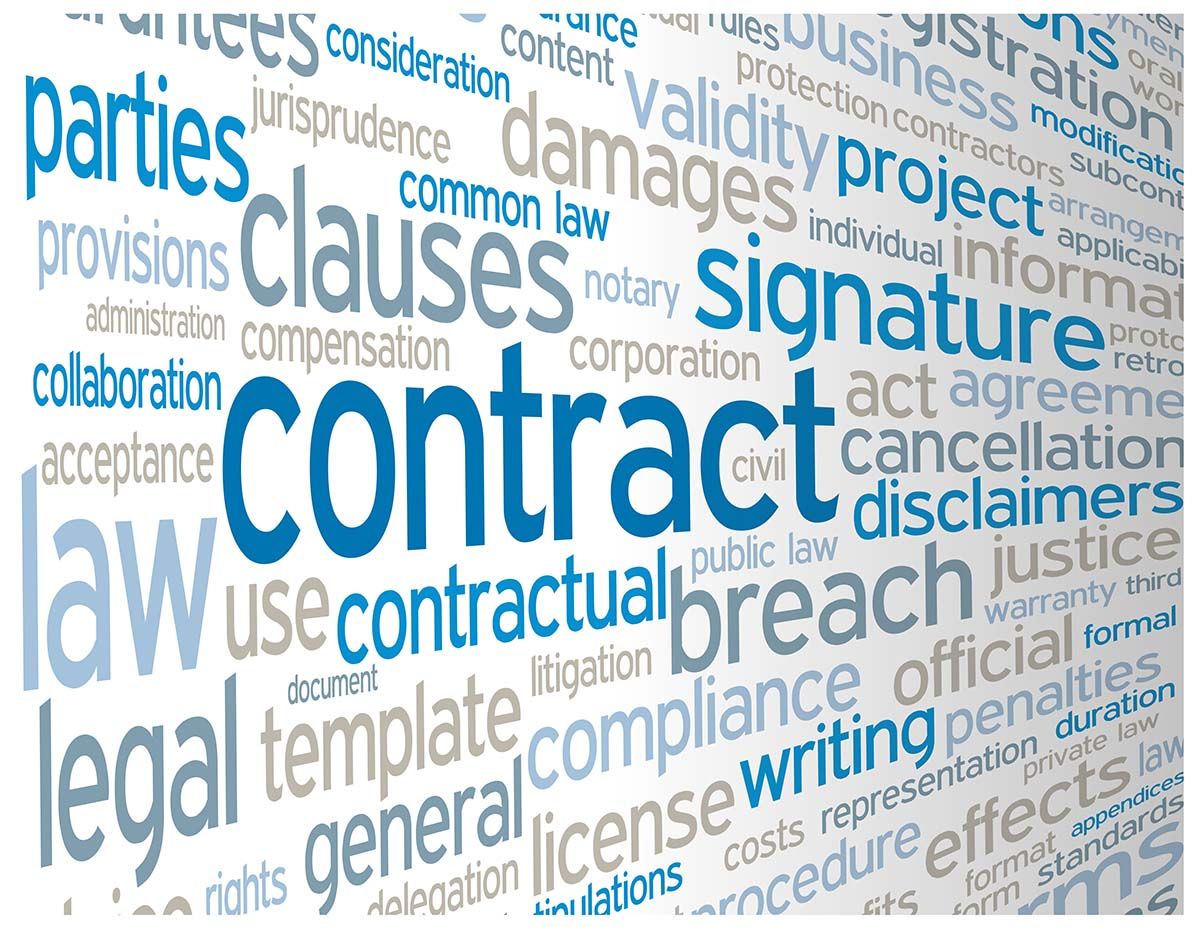Call For Legal Help: (334) 834-3444
News

Legal Terms you Should Know Before Filing a Lawsuit
Despite what some people might think, much more time, work and effort is put into handling court cases than is portrayed on popular television shows. Not all court cases are glorious battles between lawyers in beautiful, old courthouses with helpless clients watching in awe.
In the real, modern day world, lawyers and their clients must work together as a team throughout the entire legal process. It is important for a trusting relationship to be established between the two, along with mutual trust and continuous, open communication.
These prerequisites for success mean that finding the right lawyer for your lawsuit is essential. But before you start looking for a lawyer, it is important to fully understand what kind of lawsuit you want to file. To effectively do this, some research into the legal system must be done.
Before filing a lawsuit, we recommend that you have a basic understanding of the legal system and its procedures. One of the best ways to do that is by knowing some of the most common terms used in a U.S. court of law.
We have compiled a list of the most important and prevalent words used in a lawsuit to help you better understand the process and have basic legal knowledge when you begin filing a case. You may have heard some of these words in your favorite crime television shows or movies and after reading this, you will finally know what they mean.
Cause of Action: According to Cornell University’s Law School, a cause of action is “a set of predefined factual elements that allow for a legal remedy. The factual elements needed for a specific cause of action can come from a constitution, statute, judicial precedent, or administrative regulation.”
In other words, the cause of action is the reason why the plaintiff is filing a court case. During the legal process, the cause of action is broken down into several elements and each of those elements must be proven to win the case.
Damages: According to The Legal Dictionary, damages are “monetary compensation that is awarded by a court in a civil action to an individual who has been injured through the wrongful conduct of another party.” There are several reasons for damages which include economic, emotional and physical. As a result of various causes for damages, there are multiple types of damages.
Compensatory damages are awarded to the plaintiff if they have suffered an injury or economic loss. On the other hand, punitive damages are meant to punish the defendants for their actions, such as intentional acts. The other types of damages are consequential, incidental, liquidated and nominal.
Demurrer: A demurrer is “a formal response to a complaint filed in a lawsuit, pleading for dismissal and saying, in effect, that even if the facts are true, there is no legal basis for a lawsuit.” A demurrer can be used in a situation in which the complaint is unclear or is missing essential factual elements.
For the demurrer to be considered valid, a hearing must happen and the judge must rule in its favor. However, in some cases, the judge may allow the plaintiff time to make amends to the complaint, but if the amendments are not made in time or if the amendments do not fix the problem, the judge will grant the demurrer.
Due Diligence:
Due diligence can be defined as “the conduct that a reasonable man or woman will exercise in a particular situation, in looking out for the safety of others.” In the American legal system, if a defendant acted in a way that is deemed normal and reasonable, then the plaintiff cannot prove that he or she was injured as a result of negligence. What is considered due diligence in a court case is decided on by the jurors.
Malfeasance/ Nonfeasance: According to Northeastern University Law School, the term malfeasance “refers to the act of doing something illegal or morally wrong, including dishonesty and abuse of authority by a person or business,” whereas the word nonfeasance means “failure to act when action is legally required.”
Simply put, malfeasance is when a crime is actually being committed, and nonfeasance is the lack of taking action when action is required. Both can be considered legal offenses.
Now that you know five of the most basic and common words used in court cases, you are ready to start the process of filing a lawsuit and finding the perfect lawyer to help you. At Barfoot and Schoettker, we have experts ready to assist you at every stage of the legal process and we are well-prepared to help you get what you deserve. Call us today to set up a consultation.
Here are some links to related information
We are here to help!
Whether it’s the insurance company who refuses to adequately compensate you for your personal injury; the wrongful death of a loved one caused by the carelessness of another; or you've wrongfully been accused of a crime... Regardless of the obstacles you face, we can help.
Call Us Confidentially Now:
(334) 834-3444
Contact Details
OFFICE
6771 Taylor Circle
Montgomery, AL 36117
Phone
(334) 834-3444
info@barfootschoettker.com
Contact Us Today
Use our contact form or give us a call for your no-obligation consultation.

About Us
We don’t want you to settle for an attorney who treats you like just another number. Our attorneys and staff are focused on helping you when you need it the most.
Our mission is to focus on representing those who find themselves facing a seemingly insurmountable giant.
Recent Posts



Useful Links
Get in Touch
OFFICE
6771 Taylor Circle
Montgomery, AL 36117
Phone
No representation is made that the quality of legal services performed is greater than the quality of legal services performed by other lawyers.
All Rights Reserved | Barfoot and Schoettker, LLC.


